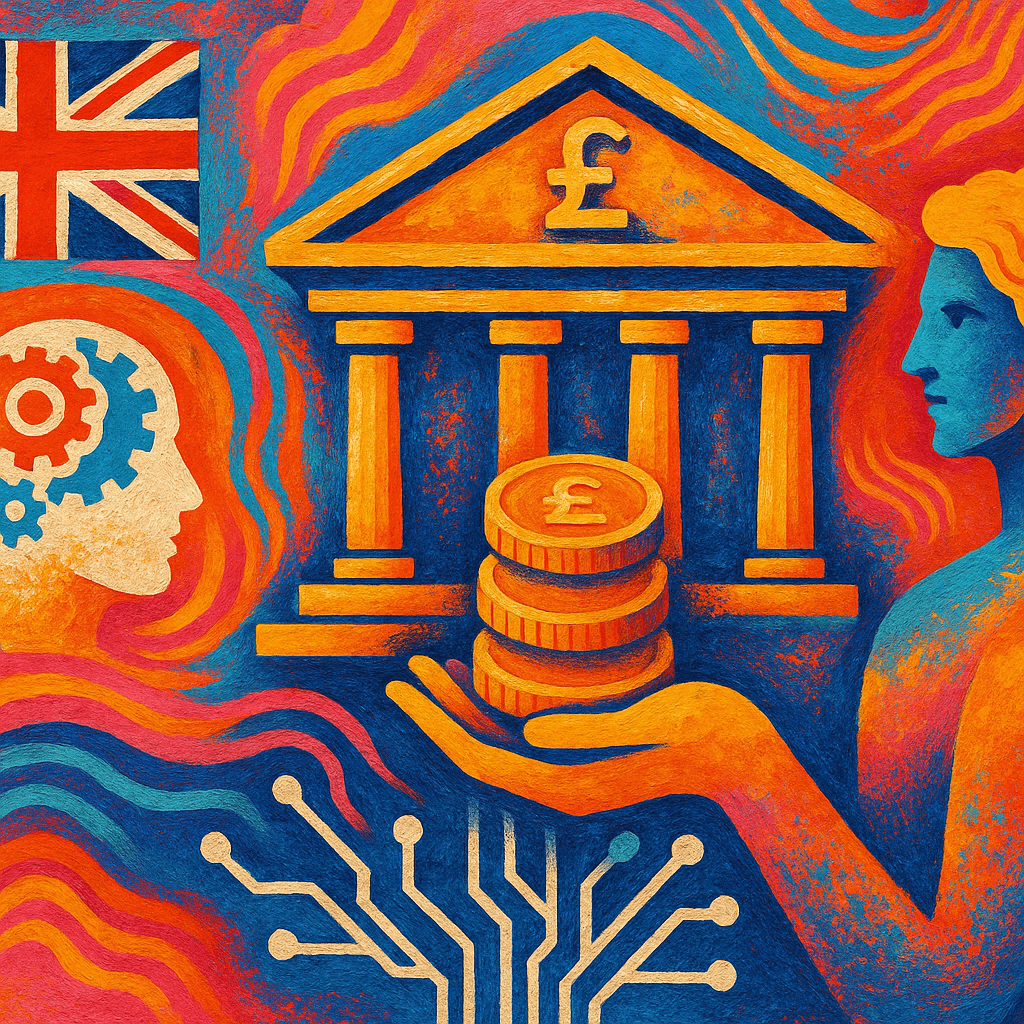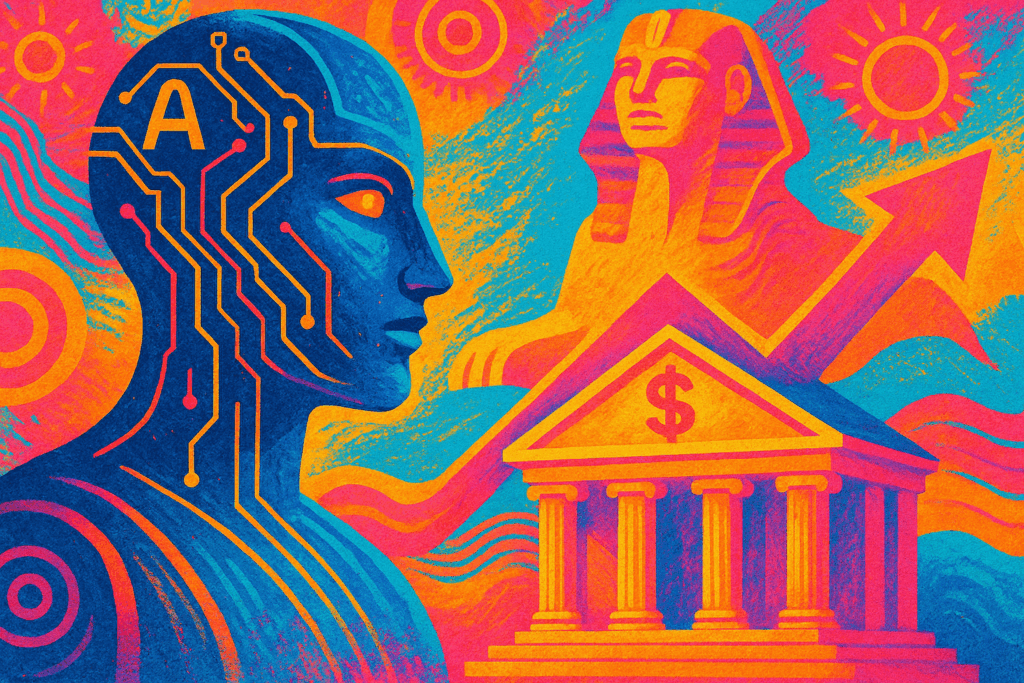The Rising Threat of AI in Banking Fraud
Artificial intelligence (AI) is transforming the global banking sector, bringing innovation alongside new risks. AI-powered scams are becoming more sophisticated, enabling criminals to execute fraud with greater speed and precision. These scams often involve deepfake technology, automated phishing attacks, and AI-generated messages that can deceive both institutions and consumers. The financial repercussions are significant, with billions lost annually due to unauthorized transactions and compromised accounts. As AI technology evolves, so does the complexity of digital fraud, posing heightened challenges for cybersecurity teams worldwide.
South Africa’s Alarming Surge in Digital Scams
South Africa has witnessed a sharp increase in AI-driven banking scams, making it one of the most affected regions globally. The rise in such fraud cases has exposed vulnerabilities in current digital banking security frameworks and highlighted gaps in consumer protection. Criminals exploit the region’s rapidly growing digital infrastructure and increased reliance on mobile banking platforms to target unsuspecting users. This trend not only threatens individual financial security but also risks undermining public confidence in digital financial services.
Proposing a Cyber Commissioner for Enhanced Protection
In response to this surge, South Africa’s policymakers have proposed establishing an independent Cyber Commissioner dedicated to combating AI-driven financial crime. This role would centralize oversight, coordinate efforts across agencies, and ensure stringent enforcement of cybersecurity regulations within the banking sector. By focusing on AI-based threats specifically, the Cyber Commissioner could facilitate more robust monitoring and swift action against emerging scams. This approach reflects a growing recognition that traditional regulatory frameworks are insufficient to address the unique challenges posed by AI-enhanced fraud.
Securing the Future of Digital Finance
The South African case underscores the broader need for comprehensive regulatory and technological strategies to safeguard digital financial ecosystems. A specialized, independent body like a Cyber Commissioner could provide the necessary accountability and focus to protect consumers and institutions from AI-enabled threats. Globally, as digital banking continues to expand, frameworks that integrate advanced detection technologies with strong governance will be essential to maintain trust and stability in financial systems. The fight against AI banking scams demands international attention and coordinated responses to protect the integrity of digital finance.




